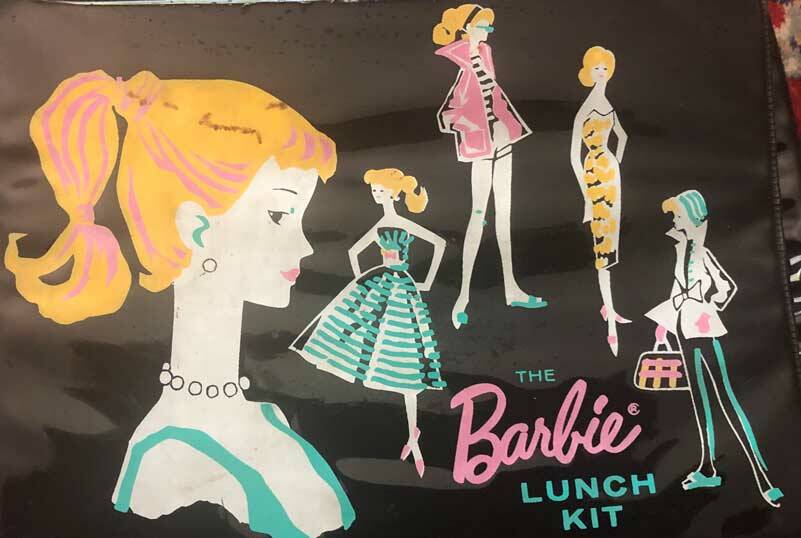By Morf Morford, Tacoma Daily Index
Summer, especially late summer, is always the season for blockbuster cinema. But if there ever a match made… somewhere, it would have been “Barbie” and “Oppenheimer” opening the same weekend at the end of July.
At first glance, it would be hard to find two films with a more opposite visual sense and philosophical atmosphere.
Perky pink in a head-on collision with somber, even menacing, black and white vibe, is, in an almost providential way, a snapshot, a summary, even a defining micro-sample which captures, as slogans, fashions or even political figures never could, who we are in this cusp of a landscape threatened on every hand by our own creations.
From artificial intelligence, to war and nuclear weapons, to financial pressures and urban clutter, crime and rage, refuge seems to be nowhere.
The lure of the big screen
When it comes to “Barbie” and “Oppenheimer”, as one of my friends used to say, they are alike in their differences. Both films wallow in nostalgia, for a time when we, as individuals or as a society could go back and, to some degree, put the genie back in the bottle.
In our fractious age, as one might assume, both films generated controversy – for very different reasons.
“Barbie” received criticism from the well-oiled rage machine primed and ready to take offense at any “woke” book, film or philosophy. And yes, that is the same forum that rails against “cancel culture” – at least if they “feel’ it applies to themselves.
“Oppenheimer”, besides not being a prototypical “feel-good” movie, aroused passions among many – especially those from Japan whose vestigial memories of nuclear weapons is not an abstraction as it is for most of us in North America.
With a raging war in and around Ukraine, civil wars and coups across Africa and ever rising military tension rising between the USA and China, the use of nuclear weapons is not as far away as we thought it was just a few months ago.
Perhaps “Barbie” is what some of us need right now – a pastel escape from the grimy, menacing and seemingly inescapable world that surrounds us each day.
Reflecting on our own creations – from AI to ever-present plastics to horrible weapons of destruction – is never easy, but in an era of defensiveness, and ideological isolation where we define ourselves – and certainly others – by choices made in food, media and neighborhoods (among other things) our unity, and our capacity to see and understand ourselves (and the impacts of our actions on others) is perhaps more difficult than ever.
Fighting over a doll movie?
You can always count on conservative broadcaster Candace Owens to come up with a memorable (and derivative) term like “toxic feminism”. That term is an obvious response to “toxic masculinity”, and what could be more “toxic” than a doll movie drenched in pink?
Sometimes I wonder how so many people must have so little going on in their brains that ranting about the latest pop culture trend or creation seems to add meaning to their lives.
But the first commandment of show business is that there’s no such thing as bad publicity – and, as you might guess, “Barbie” could easily become the highest earning movie of 2023.
Super Hero movies “R” (not) us
“Barbie” and perhaps even “Oppenheimer” are likely to outsell the current raft of super hero sequels and remakes for one simple set of reasons; many of us can relate to them and, for better or worse, they give us something to talk about.
The latest Marvel release might be fun, but even the whole super hero franchise doesn’t generate the “buzz” of “Barbie”. And in show business “buzz” is all that matters.
He said, she said
You could describe these two films, and their serendipitous pairing, as our era’s response to expressions of masculinity and femininity. Maybe even construction and destruction.
Standards of beauty, perfection and even progress are examined in these movies. They raise or ask the questions that we find ourselves asking in a hundred different settings – who gets to define the value, beauty or worth of any of us? What happens when a disproportionate amount of power is held by one race/gender/class/ethnicity?
And how do we acknowledge the development of a device (as in “Oppenheimer”) that threatens, or even promises, to destroy us all?
Finding/establishing/constructing one’s individual or cultural identity and place in the world is difficult enough, responding to larger social expectations about gender/age/race based behavior or appearance makes it all way too complicated.
“Toxic” or not, masculinity and femininity are complicated.





